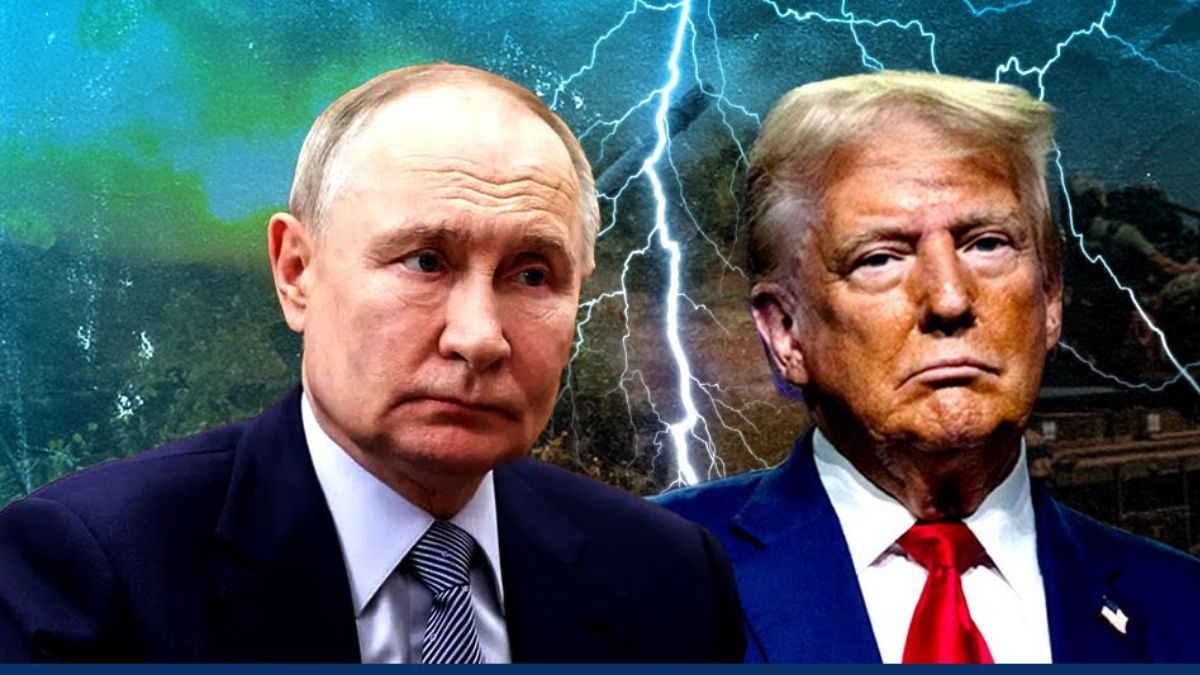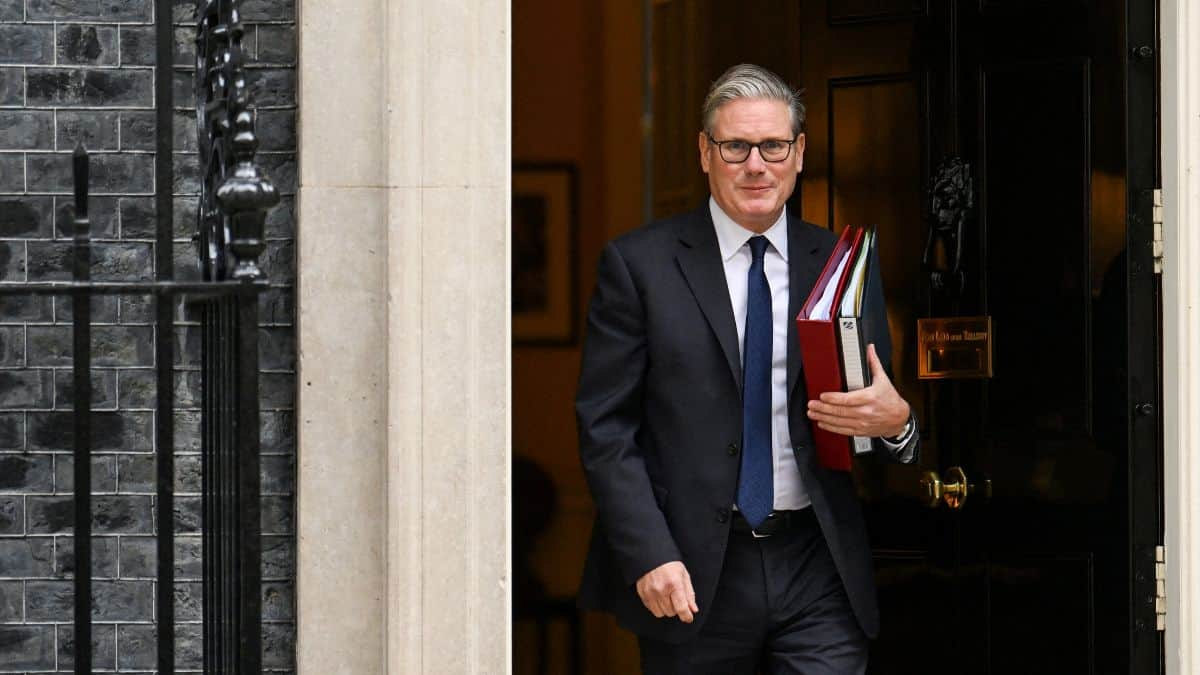US President Donald Trump is increasing pressure on Russia to end the war in Ukraine as Washington slapped heavy sanctions on Rosneft and Lukoil, Moscow’s two largest oil companies. The sanctions were the first imposed against Russia since Trump returned to the White House and aim to cut key revenues from oil sales for Russia.
The move against Russia marks the latest swing of the pendulum under the Trump administration, from coercing Kyiv to sue for peace to growing frustration with Russian President Vladimir Putin’s maximalist demands. “Now is the time to stop the killing and for an immediate ceasefire,” said the treasury secretary, Scott Bessent, in a statement announcing the sanctions against Russia.
“Given President Putin’s refusal to end this senseless war, Treasury is sanctioning Russia’s two largest oil companies that fund the Kremlin’s war machine. Treasury is prepared to take further action if necessary to support President Trump’s effort to end yet another war. We encourage our allies to join us in and adhere to these sanctions," he added.
Trump cancels summit with Putin
While speaking on the matter in the Oval Office with Nato Secretary General Mark Rutte, Trump also confirmed the cancellation of the summit with Putin, which was supposed to happen in Budapest, Hungary. “We cancelled the meeting with President Putin,” Trump said. “It didn’t feel right to me. It didn’t feel like we were going to get to the place we had to get, so I cancelled it. But we’ll do it in the future.”
It is pertinent to note that the United Kingdom sanctioned both Rosneft and Lukoil last week. Meanwhile, the European Union has sanctioned Rosneft, the Russian state-owned oil company, but not Lukoil, which is privately owned, largely due to exemptions for Hungary and Slovakia, which buy Russian oil.
The Trump administration’s sanctions on Russian oil also came days after a report in the Wall Street Journal on Wednesday said the administration had lifted restrictions on Ukraine’s use of British-supplied Storm Shadow cruise missiles. This would allow Ukraine to use them for attacks deep inside Russian territory.
However, Trump took to social media to deny that he had lifted any such restrictions. “The Wall Street Journal story on the U.S.A.’s approval of Ukraine being allowed to use long-range missiles deep into Russia is FAKE NEWS!” Trump said. “The U.S. has nothing to do with those missiles, wherever they may come from, or what Ukraine does with them," he wrote in the post.
Impact Shorts
More ShortsHowever, the Wednesday sanctions are seen as the latest and most direct attempt to cut revenues from Russian oil sales abroad. Previously, Trump had levied a 25 per cent tariff on goods from India, which he called retaliation for that country’s purchase of discounted Russian oil. “Rosneft was the most important Russian firm not yet under full US sanctions,” wrote Edward Fishman, a former senior State Department sanctions official.
However, Fishman mentioned that the big question that remained is whether the US would threaten foreign traders, banks and refineries that continue to facilitate the sale of Russian oil. “I expect, at the very least, some pullback from dealings with Russian oil in the short term,” Fishman wrote. “Whether this marks a long-term, strategic squeeze on Russia’s oil revenues – the lifeblood of Putin’s economy – will depend on the US commitment to active, ongoing enforcement.”
Meanwhile, Ukraine and its European allies welcomed the move. The European Commission president, Ursula von der Leyen, said she had spoken with Bessent shortly before the announcement and praised the new sanctions. “With the imminent adoption of the EU’s 19th [sanctions] package, this is a clear signal from both sides of the Atlantic that we will keep up collective pressure on the aggressor,” she wrote.


)

)
)
)
)
)
)
)
)



